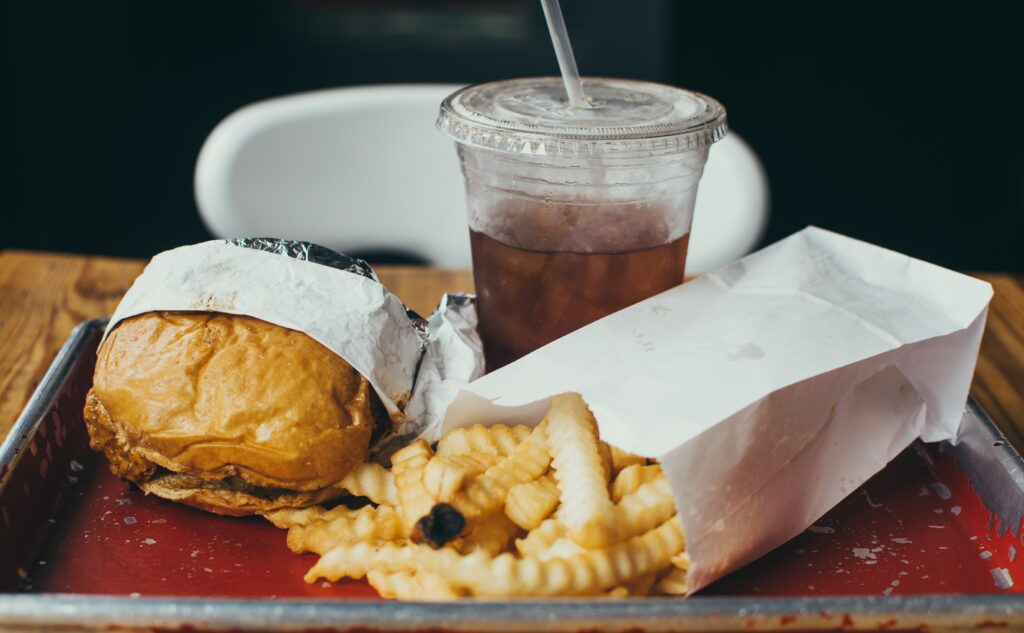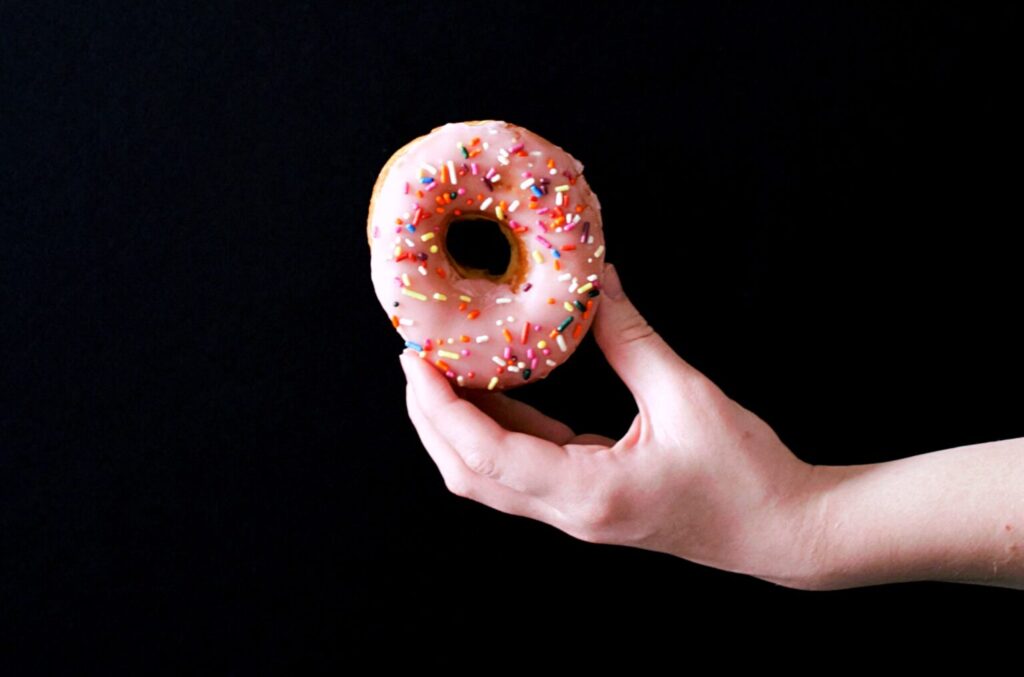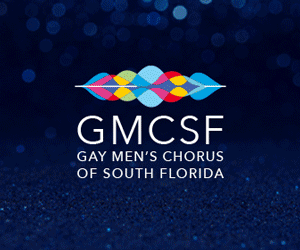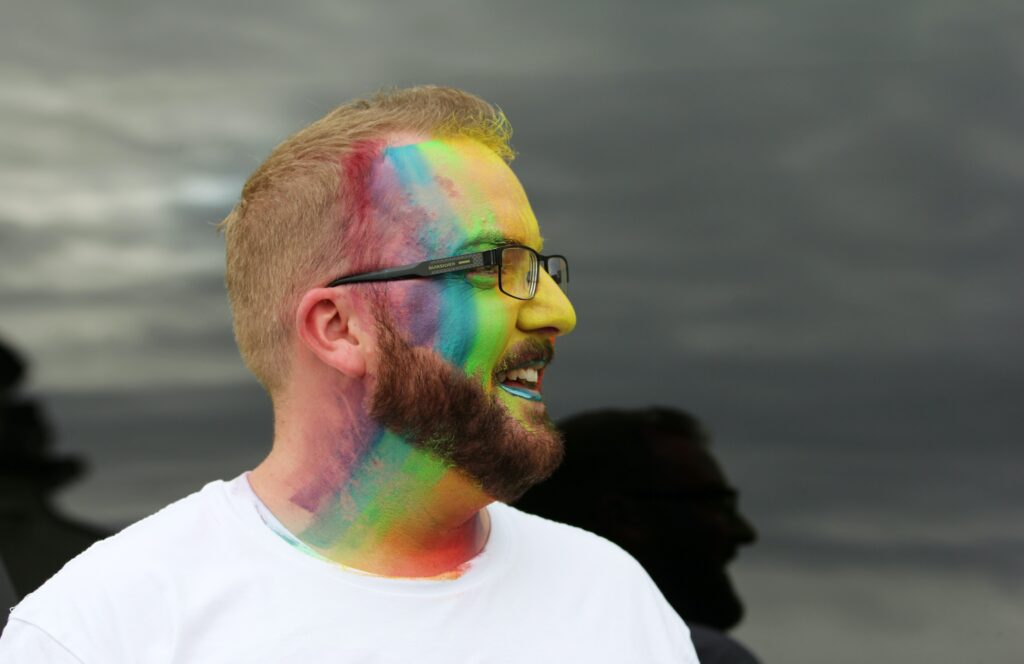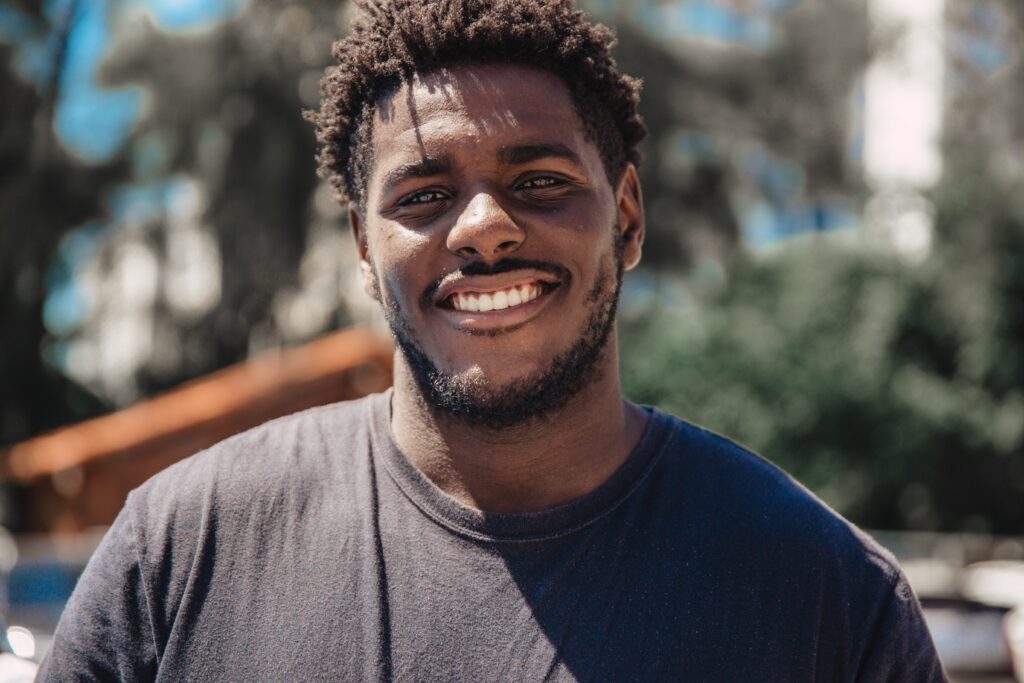
Lockdown Body Ready: How quarantine taught me to better appreciate my body
I won’t lie — Lockdown number one was a novelty. But Lockdown number two was one of the worst experiences of my entire life.
As someone who lives with depression, anxiety, and a personality disorder I found myself sliding further into a crevasse of intrusive thoughts, boredom, apathy, an insatiable appetite and an unrelenting desire to punch the mirror every time I looked at myself.
For bigger people like us, and those of us living with mental health issues, the idea of simply doing a home workout, going for a walk or a run, and keeping ourselves busy isn’t as easy as it sounds. Personally, my mental health is buoyed by the concept of routine, by having face to face interactions with my friends and loved ones, and with things to look forward to.
I am by no means suggesting that I had it harder than anyone else during lockdown, far from it; But my experiences of feeling trapped in a body that I hated and being bombarded with the idea that I had let myself develop a “Quarantine Body” through a heightened consumption of fast food, and a lack of exercise, was a difficult one to ignore.
I gained probably about two stone (13 kg / 30 lbs) in weight between last March and February of this year. I would doom scroll through Instagram and Facebook, seeing people with more lithe bodies than mine enjoying yoga on the beach, climbing mountains, and toning up in their home gyms.
All the while, I was struggling to get out of bed to go to work every morning, and wondering why my jeans, jumpers and shirts were getting tighter. I know why — but this isn’t a woe-is-me think piece about how baffled I am on why my waistline increased. Rather, it’s a critical takedown of the concept of “lockdown body”.
For those of us who identify as Bears, and who have often experienced first hand the body-shaming stigma associated with the club scenes and going shirtless at the beach, it was a damaging and poisonous concept akin to “beach body” stereotypes. It took me a long time to realise that the relationship I have with my body, and my own perceptions of my mental health were intrinsically linked.
It wasn’t my body that I had an issue with, but rather my own perceptions of the person inside that body and my relationship with myself. The pandemic highlighted and brought into sharp relief the anxieties many of us had around our own mortality, and being a fat queer person I was often reminded that my weight would lead to my own health declining, and that fat people were more likely to die from COVID than those who are healthy.
I felt like a failure because I couldn’t motivate myself to go for a daily run, or to tune into Joe Wicks and invest in home workouts and fad diets to try and keep myself healthy and mentally stable. Others I spoke to espoused similar experiences of being shown targeted advertisements on social media for weight-loss supplements, lockdown fitness classes, and ‘inspirational videos’ of fatties getting fit. It doesn’t help, and social media organisations have a serious problem with fat-shaming but that’s a conversation for another day.
Being fat is difficult, and being visibly queer can be nightmarish — And being visibly queer and fat is a combination of two things that a Western, heteronormative and body-conscious society considers to be repulsive and rejected. I have, however, found a community out there in cyberspace which, thankfully, has translated into real world connections between queer people who are rejecting the stigma and shaming around being fat and queer.
Lockdown body? I’ve been carrying holiday weight since Christmas 2015, so why was I getting so hung up on the person looking back at me in the mirror? If this pandemic has taught me anything it’s that life is far too short, and opportunities far too few for me to hate the skin I inhabit simply because I’m a shortarsed little tub.
I love my body. I love the way I’m able to feel sexy and attractive in it now; Rather than constantly berating ourselves for how we look, we need to take advantage of the fact that we’re alive, that we’re out here thriving and that we are not the sum of our parts. We are connected to a much larger and more powerful community that needs to lift each other up.




